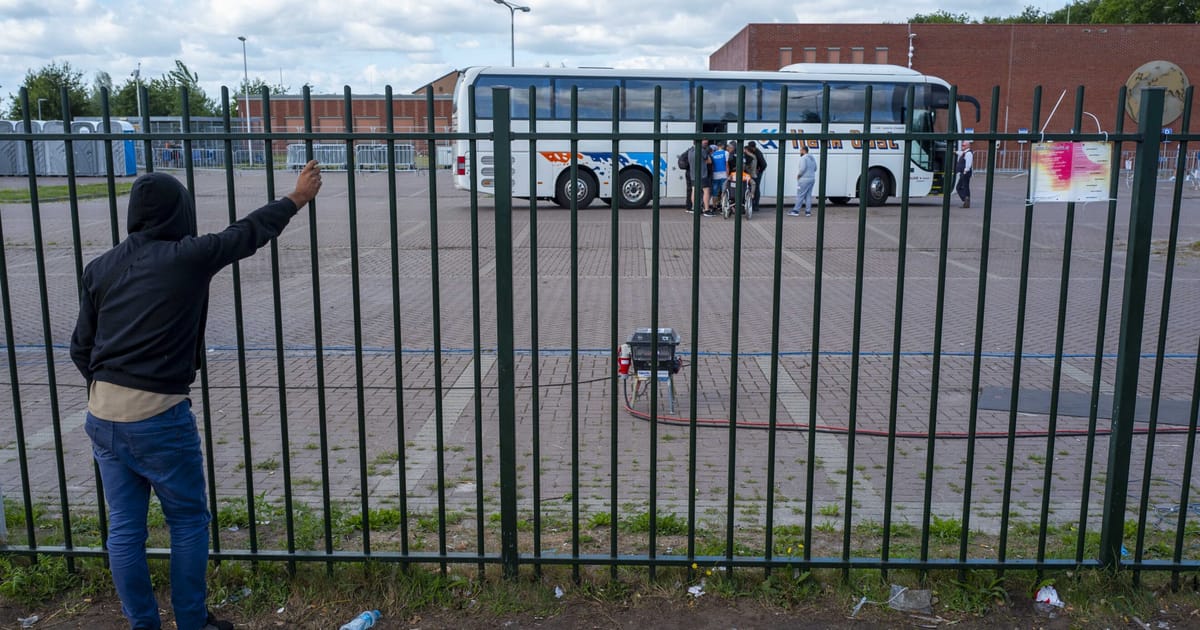

The landscape of immigration policies and detention practices is currently undergoing significant scrutiny and change. In recent developments, courts and advocates across various countries have raised issues related to the treatment of asylum-seekers and immigrants, highlighting areas of concern and calling for reforms. This article explores these recent developments, focusing on the Netherlands, the United States, and the situation surrounding detained Afghan nationals.
The Netherlands’ Council of State has made a decisive ruling regarding the treatment of certain asylum seekers, specifically single male individuals. This ruling comes in response to Belgium’s reported “systemic failure” in adequately addressing the needs of asylum seekers, an issue compounded by what has been described as the authorities’ “indifference.” The court has instructed the Dutch government not to send these individuals to Belgium until improvements are evident, marking a significant stance in the protection of asylum rights within the European Union.
Meanwhile, in the rural landscape of Florida, a facility infamously known as “Alligator Alcatraz” is at the center of a heated debate over its conditions. This detention center, located nearly 40 miles from Miami, houses over 1,000 immigrants in what advocates describe as “flood-prone” tents. Non-profit organizations and medical professionals have raised serious concerns about the living conditions, with reports of inadequate medical care and unsanitary environments. These groups are urging the closure of the facility, bringing attention to the broader issues of immigrant treatment and detention practices in the United States.
The broader U.S. immigration policies have also come under the spotlight, particularly regarding the recent arrest of an Afghan national known only as Zia. Zia, who served as an interpreter for the U.S. military in Afghanistan, was detained by Immigration and Customs Enforcement (ICE) officers during a routine green card appointment. This case has drawn the attention of lawmakers advocating for his release, emphasizing the risks and injustices faced by individuals who have supported U.S. efforts abroad. The incident has raised questions about the treatment of immigrants with no criminal history, pointing to a broader trend of increased detentions by ICE, as reports indicate a significant rise in arrests even for those without prior convictions.
The discussions around immigration policies and detention conditions highlight the ongoing challenges and complexities faced by nations in balancing security and human rights. As various entities call for change, it becomes clear that collaboration and reform are necessary to address these critical issues. The emphasis remains on finding pathways that ensure the dignity and protection of those seeking safety and a better future, while also establishing systems that are fair and just for all parties involved.
As these stories unfold, they remind us of the importance of mindful policymaking that respects individual rights and promotes compassion within the often-contentious realm of immigration. The global community watches as solutions are sought and reforms demanded, hopeful for a future where all individuals are treated with the dignity they deserve.
Source: {link}
